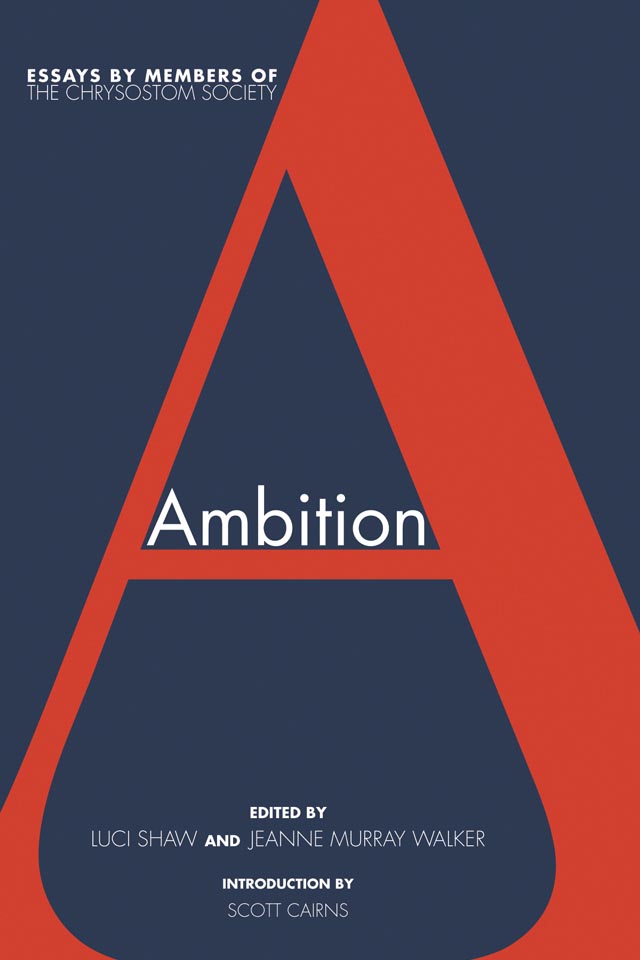When my friend Mark was recounting his recent vacation in New Orleans, he talked about how it didn’t take long for his wife — who has an incredibly powerful singing voice — to start thinking about moving there. No surprise there: New Orleans is one of those places that attracts great musicians.
But what he said next got lodged in my head and stayed there. Mark said, “It’s not that she wants to be famous. It’s that the music community in Seattle is so… insular. And she just wants to be recognized for who she is, to be with people who get it.”
Wow. Who doesn’t want that?
I just spent a weekend in Nashville with writers and readers, with people who will voluntarily sit still and appreciate a poetry reading, with people who find value in the work I do as a writer and teacher and critic. It felt so good, I didn’t want to go to bed at night. I wanted to stay up and soak up that rare and wonderful sense of being seen for who I am and what I love.
But should that be enough? Shouldn’t I want more? Shouldn’t I want to become one of the best writers? Shouldn’t I strive to win the biggest audience possible for my work?
Is that self-centered?
I sometimes feel guilty for the amount of self-promotion that I do in order to get my work in front of audiences. It makes me feel egocentric, arrogant, and false. Worse, I don’t like the anxiety that comes with it, the way it inclines me to compare myself to others.
Given the chance, I’d like to ask my favorite writers how they manage their ambitions. I’d like to learn from them a healthy perspective on desire, ego, and self-promotion.
Here’s the good news: The Chrysostom Society, a writers group I’ve been reading since I was in high school, has just just published a new volume full of insightful reflections and counsel for finding an admirable and meaningful balance “between hubris and self-abnegation.”
Contributors include my fellow Seattle Pacific Universitiy alumnus Eugene Peterson; my current Seattle Pacific MFA in creative writing mentors Jeanne Murray Walker, Gina Ochsner, and Scott Cairns; and several more writers I dearly love: Erin McGraw, Luci Shaw, Emilie Griffin, Dain Trafton, Diane Glancy, and Bret Lott.
From the press release:
Nine members of The Chrysostom Society asked themselves what role ambition has played in their lives. The volume, Ambition, is the result: a collection of essays in which, with striking honesty, they muse on their own motivations and experiences of ambition. The book contains a fascinating spectrum of responses and cautions, ranging from Diane Glancy’s praise of ambition as a gift, to Eugene Peterson’s narrative about how busyness can become spiritually crippling. Along the way Dain Trafton ponders his family’s respect for ambition, on the one hand, and on the other, biblical condemnations of overweening pride. Erin McGraw argues that the extent to which ambition is good or bad depends upon the goal — the what for which one is ambitious. Jeanne Murray Walker wrestles with the ambivalences that accompany the gender-specific challenges of a woman with ambitions, while Gina Ochsner offers an entertaining appraisal of ambition’s insatiability. Luci Shaw recounts her ambivalence regarding her literary acknowledgment. And Emilie Griffin reflects on her own wrestling with the lure of “fame.” Finally, Bret Lott urges that wherever we are — having achieved our ambitions or still struggling for them, they should take a back seat to gratitude.
I’ve already been blessed by what I’ve read, and I’m going to spend a lot more time with this book in the coming years. I also plan to give copies for Christmas gifts. (Which, by the way… is coming.)
Copies of Ambition are available now through Image at http://imagejournal.org/
Load up on copies now, and your purchase will go to supporting The Chrysostom Society’s efforts, so that they can go on writing work like this as they have for several decades.
